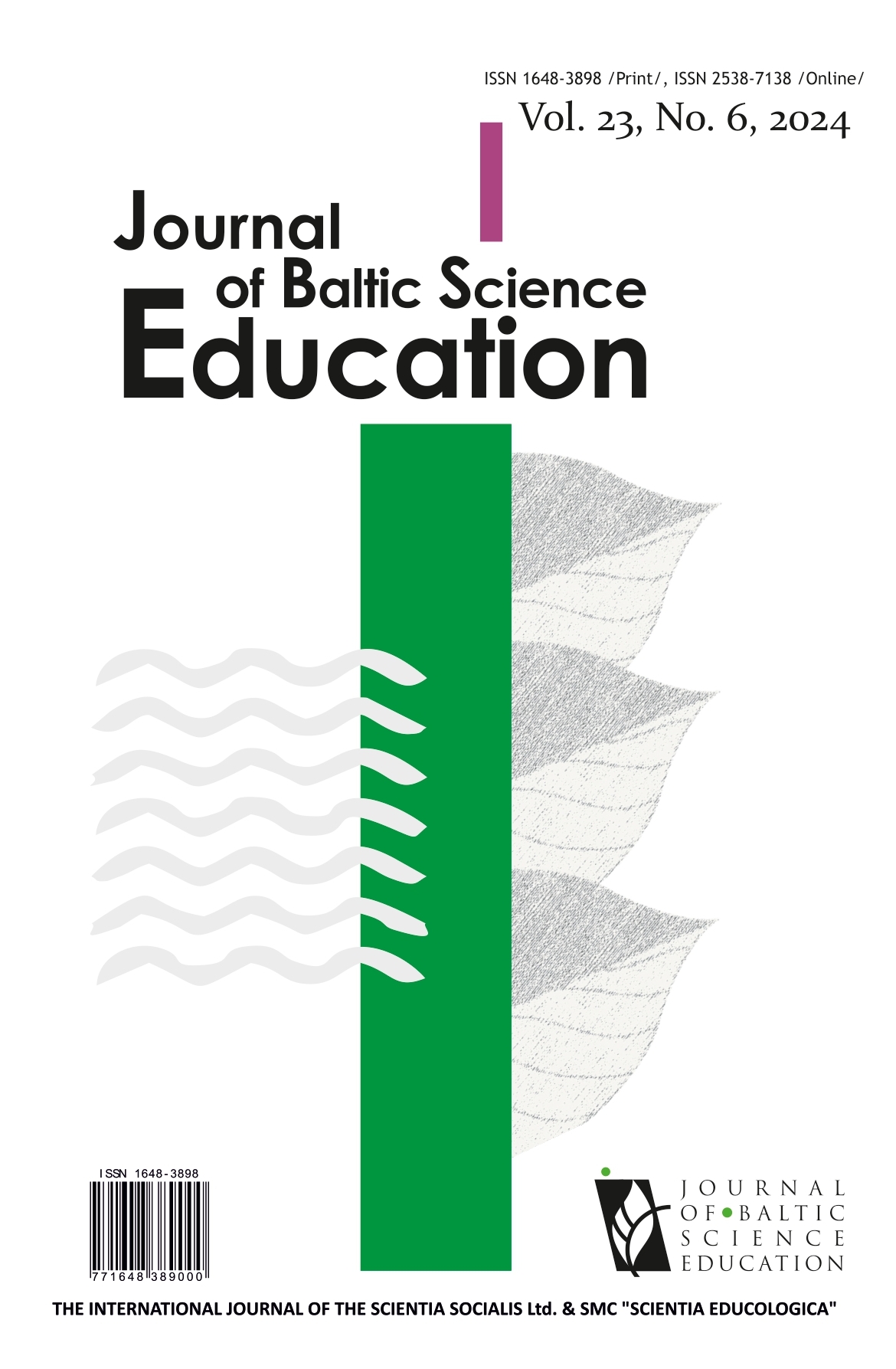MULTILINGUAL EDUCATION IN LIFE SCIENCES: TEACHERS' AND LEARNERS' BELIEFS ABOUT CODE-SWITCHING
MULTILINGUAL EDUCATION IN LIFE SCIENCES: TEACHERS' AND LEARNERS' BELIEFS ABOUT CODE-SWITCHING
Author(s): Zanele Vilakazi, Lydia Mavuru, Sam RamailaSubject(s): Social Sciences, Language and Literature Studies, Education
Published by: Scientia Socialis, UAB
Keywords: cognitive academic language proficiency; code-switching; learner beliefs; multilingual education; teacher beliefs;
Summary/Abstract: In South Africa, where multilingualism is prevalent, code-switching—a practice of alternating between languages—plays a significant role in shaping classroom dynamics and learning outcomes. This study explores the beliefs of both teachers and learners regarding code-switching in Life Sciences classrooms. Utilizing quantitative methods, the research is grounded in the Cognitive Academic Language Proficiency (CALP) framework which emphasizes the pivotal role of language in the learning process. Data were collected from 100 learners and 44 secondary school teachers across multilingual areas in Sedibeng West, Gauteng Province in South Africa, using questionnaires. The findings reveal that teachers view code-switching as an effective strategy for clarifying complex scientific concepts and addressing language barriers, despite concerns about its potential impact on language proficiency and dependency. Learners, on the other hand, value code-switching for its role in making learning material more accessible and understandable. This study highlights the nuanced role of code-switching in enhancing educational outcomes in multilingual settings and suggests its potential benefits and challenges in the context of Life Sciences education.
Journal: Journal of Baltic Science Education
- Issue Year: 23/2024
- Issue No: 6
- Page Range: 1291-1309
- Page Count: 19
- Language: English

